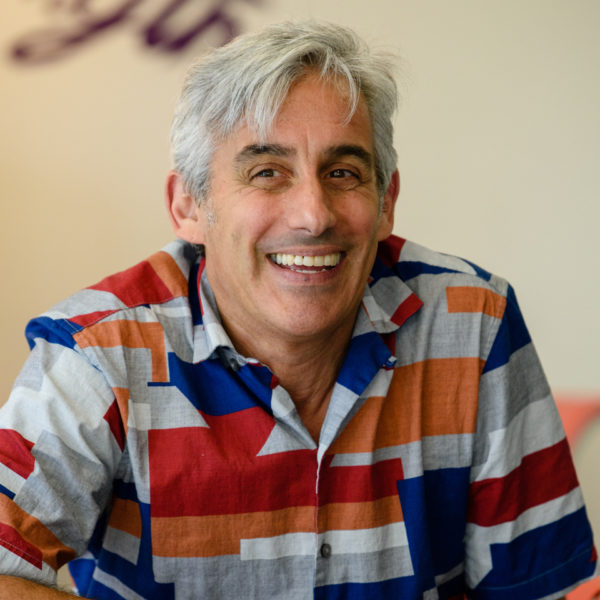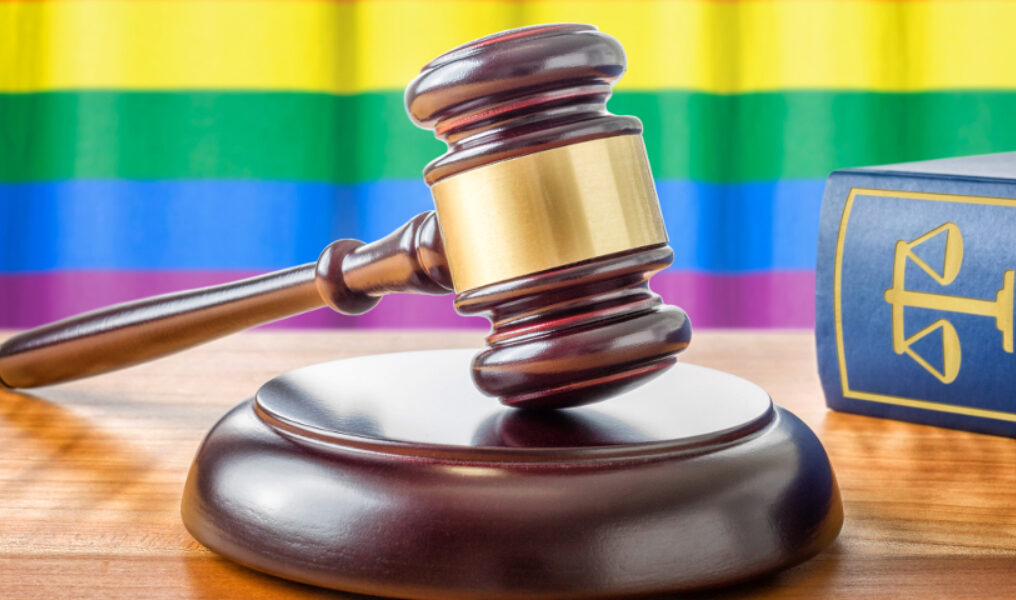The Ministerial Exception, Explained
The separation of church and state, enshrined in the U.S. Constitution, has been a subject of debate time and again by the courts. And while not the central issue, the recent Supreme Court case that ruled that LGBTQ people are protected from employment discrimination under the Civil Rights Act of 1964 ensured that religious institutions are protected as well.
Those protections, as named by Neil Gorsuch in his majority opinion, include the First Amendment, the Religious Freedom Restoration Act of 1993 and a 2012 Supreme Court ruling that recognized what's known as the "ministerial exception." That is, employees of religious institutions who provide a religious function are exempt from employment protection. Over the years, the courts have grappled with how broad the definition of "ministerial" should be and how it is to be determined.
A case currently pending in the U.S. Supreme Court, Our Lady of Guadeloupe v. Morrisssey-Berru, involves two fired teachers who alleged employment discrimination — one based on disability, and the other based on age. The outcome of this case could have repercussions for LGBTQ employees of religious institutions — like Terry Gonda who was fired after three decades as a music director of St. John Fisher Chapel in Auburn Hills — now that LGBTQ employees are protected under civil rights law.
Between The Lines spoke with ACLU staff attorney Jay Kaplan about the two cases and their relation to Gonda's firing by the Archdiocese of Detroit.
"The case before the court involving two elementary school teachers … seems to be an attempt to ask the court to broaden that ministerial exception," Kaplan said. "In other words saying, 'Just look at the job title itself,' or, 'If they perform some things that are considered to be religious functions, then these parochial schools are automatically exempt.' We wouldn't want to see that.
"With regard to [Gonda's] situation, I think you would also have to look at the totality of the circumstances," he continued. "She was the music director. So you would want to see what that entailed. Did she lead people in prayers? Did she provide any religious instruction? This would not be totally indicative, [but] what was her title?"
When asked, as an example, whether the firing of a black employee by a religious institution for no other apparent reason than race could be permitted under the ministerial exception, Kaplan replied, "possibly."

Jay Kaplan
"Under this ministerial exception, the religious entity doesn't have to … articulate it," Kaplan explained. "All they have would have to do is put forth this argument that this person's job was primarily a religious function and therefore we could let that person go. And [the person] might allege it was because of their race, yet they still could be exempt from compliance with that civil rights law. Any day now, we're gonna get this opinion [from the Supreme Court]."
Slippery Slope
In the Our Lady of Guadeloupe case, one of the individuals is alleging disability discrimination because she was fired from her teaching job after informing her employer she would be taking time off for cancer treatment. Hers was largely a secular teaching role; she taught one religion class from a workbook. And while the case applies to private religious schools, there could be wider implications.
"I think we could go down a dangerous slippery slope with a very broad ministerial exception decision, and we could see more religious entities using that," Kaplan warned. "And it's not even about justifying discrimination. They don't have to. What their argument is, you don't have legal standing to challenge this. … It doesn't matter that you had cancer, in the case of the one teacher … we can do that because we have this unfettered discretion to decide whether or not you stay in our employ because you're a ministerial employee."
The Supreme Court justices seemed concerned about this slippery slope, too, as evidenced by their line of questioning during oral arguments May 11. For example, it was asked by one justice whether a coach who leads the team in a prayer falls under the ministerial exception. Another asked about an art teacher who teaches Vatican art.
A Mercy Approach Over a Legal Approach
Terry Gonda, who was not only a music director at St. John Fisher but also a spiritual director, shared her view about the ministerial exception for employees of religious institutions and her hopes for the future.
"I'm not a big fan of forcing peoples' change by law," Gonda said. "Sometimes it has to. In this case, however, I think there's gonna be a stairstep of walking up. So, when positions are non-ministerial — if you're a janitor, if you're a teacher — I think the church needs to abide by those rules the same," she said, meaning they should be protected under civil right law.
Then Gonda addressed the issue of LGBTQ employees directly.
"While it may be easy to say, 'Well, it's all in this basket now, of age, race, gender, etc., and therefore, we would never let a church say people of a certain race are inferior so … they can be in our church, they just can't be leaders—' we would never allow that."
However, Gonda called the church's treatment of LGBTQ employees "a bit different."
"We have to shine a light on it and find a new way to talk about it and not, I think, force this," she said. "I think we need to make it really clear and come right up to that line [through the courts], and then it would be better if the church fixes this itself and figures this out itself, and came up with a mercy approach as opposed to a legal approach."
Kaplan sounded sympathetic.
"The way that you sometimes change things in church, with the church hierarchy, policy and stuff, you do that through advocacy and through membership in the church itself," he said. "We do have separation of church and state. We don't want the government setting policy particularly regarding the religious activity of religious institutions."










